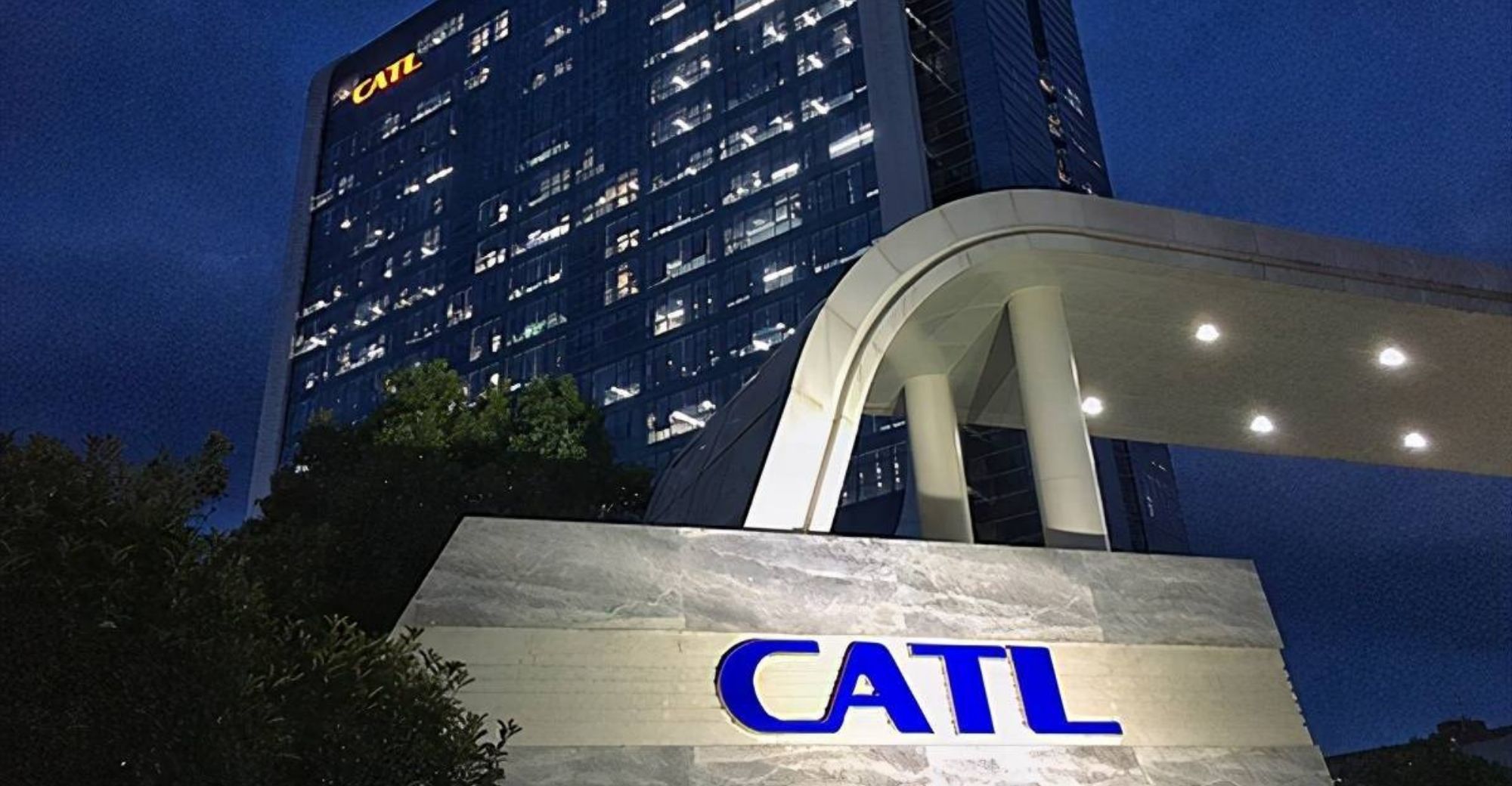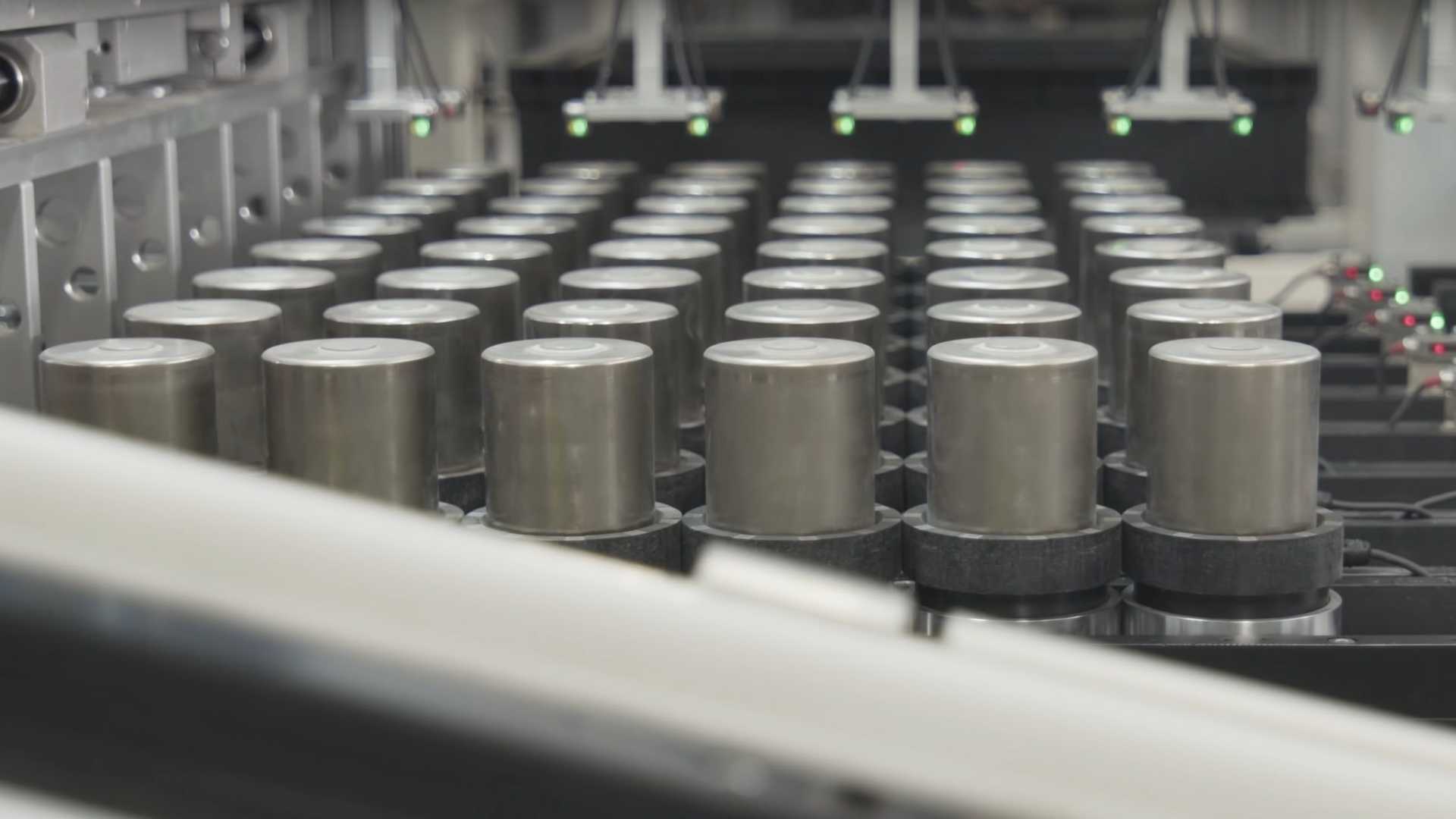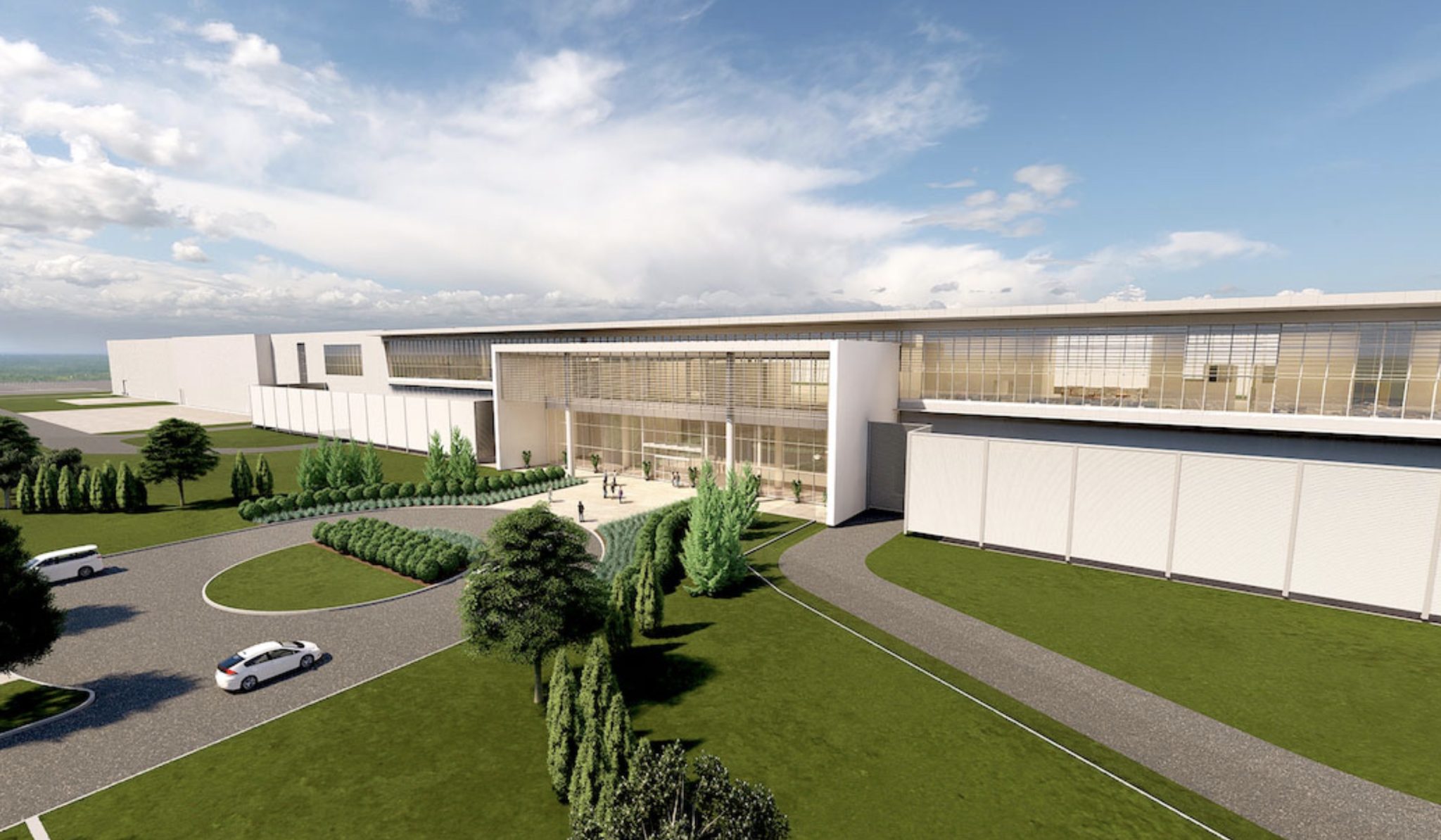CATL, the world’s leading electric vehicle battery manufacturer, has solidified its partnership with the Bolivian government by confirming a substantial $1.4 billion investment. The funds will be utilized to unlock the vast lithium reserves in Bolivia, which have remained largely untapped. This move marks a significant step toward establishing Bolivia as a key player in the global lithium market.
The agreement, announced on Sunday following a meeting between CATL executives and Bolivian President Luis Arce, outlines the construction of two lithium plants. These plants will be responsible for extracting minerals from Bolivia’s Uyuni and Oruro salt flats, which boast the world’s largest lithium resources. Construction is set to commence as early as July, with the overall investment expected to reach approximately $9.9 billion during the project’s industrial process.
President Arce took to Twitter to confirm the investment, stating, “We met with Burton Roy (Yu Bo), CEO of the Investment Committee of CATL to confirm the investment of $1.4 billion.” He further expressed openness to exploring additional investment opportunities with CATL until 2028, reinforcing the partnership between the two entities.
This recent development follows a partnership deal inked on January 20 between CATL and Bolivia’s state-run lithium company, Yacimientos del Litio Bolivianos (YLB). As part of the agreement, CATL pledged to invest over $1 billion in the project’s initial stage, entitling them to develop the two lithium plants. These facilities have the potential to produce up to 25,000 metric tons of battery-grade lithium carbonate annually.
While CATL currently does not produce any lithium, it has made strategic investments in various Chinese projects. The investment in Bolivia’s lithium reserves aligns with CATL’s ambition to secure a stable supply of this crucial mineral for its expanding electric vehicle battery production.
Bolivia’s Uyuni salt flats are estimated to contain around 21 million metric tons of lithium resources, as reported by the U.S. Geological Survey. Despite this abundant potential, Bolivia has yet to tap into significant industrial production or commercially viable reserves. The collaboration with CATL paves the way for Bolivia to harness its lithium wealth, becoming a prominent player in the global lithium market and capitalizing on the increasing demand for electric vehicles.
As construction of the lithium plants commences, Bolivia’s journey toward lithium production and economic prosperity takes a significant leap forward. The partnership with CATL not only facilitates the extraction of lithium from Bolivia’s salt flats but also positions the country as a crucial contributor to the clean energy transition, further solidifying its standing in the renewable energy landscape.






